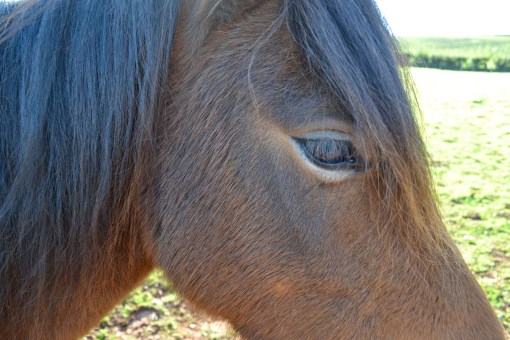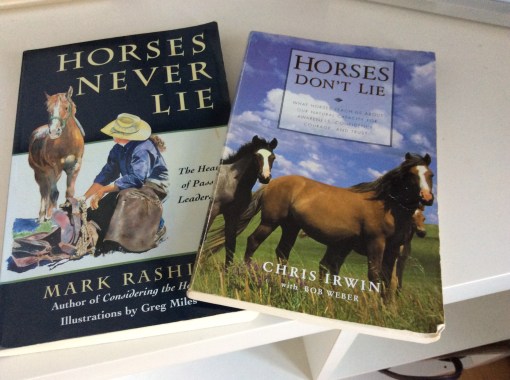
All over the world today, someone will lose someone they love to suicide. Their lives will never again be the same, and questions will remain, sometimes unresolved for years.
Today is significant because it happens to be World Suicide Prevention Day, and it falls on the day my friend Steve would have turned 57 had he not taken his life one summer morning seventeen years ago.
At 57, Steve would have lived through many more adventures than he had already packed into his young life. I imagine him, now, with his wry smile, even more weathered and seasoned with experience. We’re sitting by a wood-burner drinking single malt and he’s telling me tales of travel to remote places, the heights he has climbed: the air, the colour of the lakes and the sky, the astonishing trees, the warmth of the people he has met, and there is a soft, glowing light in his eyes. He’s loving this time in his life. He feels at ease with himself. He has found the most precious jewel. He has peace of mind.
For a long time, I had too many questions for Steve. Why would someone who relished life so much choose to leave it so abruptly? Why would he dismantle everything he had worked so hard to achieve? Why didn’t he tell us what he planning to do? And the most important question: Why didn’t he wait?
If he had waited…but he couldn’t. He was by nature restless, always keen to start preparing for the next trip, the next mountain, the next experience. Steve tasted adventure and the extremes of endurance early. On leaving school, he travelled with his friend Kevin across some of the most dangerous parts of South America, plunging down rivers in a dug-out canoe with a live pig strapped inside, existing on good-will, humour, bananas and the occasional Mars Bar. I had taken a different route and plunged into the world of local news with my first job as a reporter on the Honiton and Ottery News.
On his way home from South America, Steve called in to see me at the newspaper office. We went for a surreal walk up the High Street, me in my meek work clothes, him carrying a huge green rucksack which towered over his back. His skin was burned a deep brown and he had a beard. Still only 19, Steve looked like a man of ten or more years older. He wanted to know what I had been doing while he was away.
Being interested in others, not putting himself first, sharing what he owned were all facets of Steve’s greatness, his energetic spirit that drew people to him. Wherever we went, and we shared many adventures in our twenty year friendship, we honoured humour, honesty and a strong desire to be happy doing what we most loved.
On my desk is a postcard of the Musee Du Louvre with a message dated February 1999. That year we had decided as a spontaneous valentine to meet in Paris, each travelling from different places. The thrill of connection motivated us to live a little more vividly every time we met, and on that Paris trip we were elated as we renewed our vows, not to each other (there were often complications around that) but to life itself.
In his message, Steve’s hand-writing is bold, and slants across the postcard.
“Hoping our dreams will come true! Love Steve xx”
I notice he has underlined both our names. Ever generous, he wanted us both to achieve fulfilment, and it is achingly poignant that I have lived the questions of these past years without him as my travel companion.
When someone you love selects suicide, it carves a hole in your being. It breaks you into pieces, it slams you hard against the rock face of life. The pain is so bad you carry a rucksack of stones around, exhausting yourself with wondering whether there was something you could have done.
The last time I spoke to Steve, he cried. He couldn’t tell me what he was doing in the Psychiatric Unit in Aberdeen, only that he needed time before he could get out. He didn’t want me to visit. ‘I don’t want you to see me like this,’ he said and then he cried, long, silent tears. I stayed on the phone, listening to the sound of the swing doors opening and closing on the hospital corridor.
I should have ignored him and gone to the hospital anyway. But I also know that my unannounced visit might not have saved him. Nothing could have saved Steve except a new question that kept him curious about life. I wonder what questions Steve might have had on the day he took his life. I wonder whether he noticed the irony of preparing ropes to end his life in the crown of a beech tree, the same ropes that had saved his life many times in his work as a tree surgeon. I wonder whether he hesitated before he put the rope around his neck, whether at that moment he heard birdsong, or voices or noticed the clarity of sky and remembered that winter weekend in Paris.
Living the questions requires you to meet whatever life offers, and to understand that there might never be answers. We all must live the question of our being, and it is hard, it is challenging , it is tough, and it is beautiful, it is joyful and it is the life within us all.


 Tinker: learning work.
Tinker: learning work.
 Sheranni and Dragonfly on the move.
Sheranni and Dragonfly on the move. Ready for Resilience: Sheranni in action.
Ready for Resilience: Sheranni in action.
